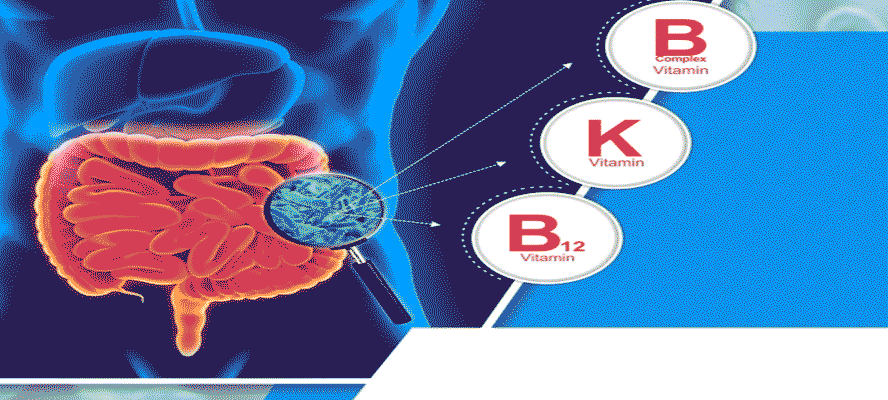“Daag achhe hai! (Cloth stains are good!)” says the advertisement of a popular detergent. Similarly, some bacteria are also good. Bacteria are ubiquitous in our surroundings, and are also present in many parts of our body. While most bacteria get a bad name for causing diseases, those that are already present in our body are actually essential for our well-being, and whose absence may cause adverse effects to our health. The relation between these bacteria and their host is of mutual benefit. These bacteria are collectively termed as the microflora, and are found on the skin, gut, etc., having different roles to play at each location.








